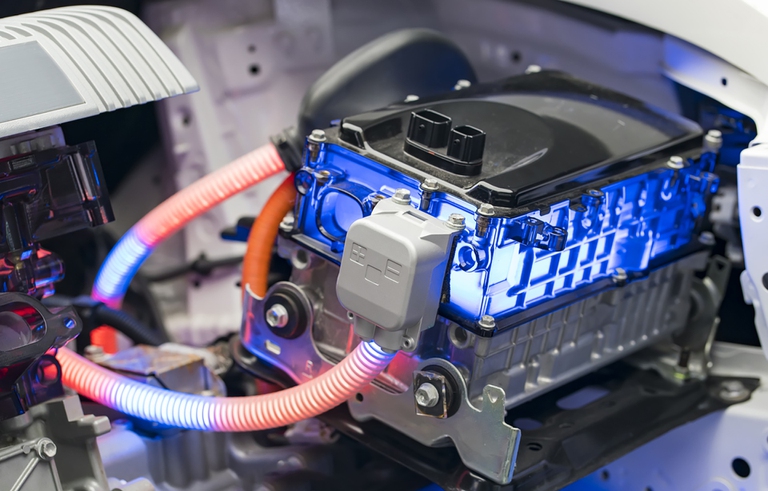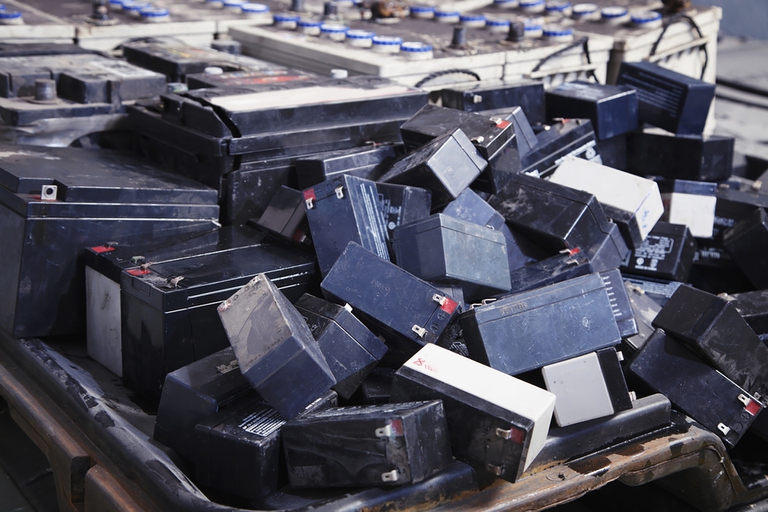
South African court dismisses a major lawsuit by 140,000 Zambian women and children against Anglo American for Kabwe lead poisoning. A setback for affected communities enduring the lasting impact of lead contamination.
Agreement between EU Parliament and Council on sustainability targets for batteries, covering the whole value chain from extraction to disposal.
The European Union is aiming to become a global leader in the production of batteries. On the one hand, its goal is to impose very strict sustainability requirements, from the extraction of raw materials to the end-of-life management of accumulators; on the other hand, the aim is to put an end to the supremacy of Asian industry in a sector where this has already entered the confines of geopolitics.
In recent weeks, the European Council and the European Parliament reached an agreement on a regulation proposal on batteries presented two years ago by the Commission, in the context of the strategy for sustainable mobility. Aiming to improve the environmental impact of a rapidly growing sector, from now on batteries manufactured and imported in Europe will have to meet the strictest sustainability requirements in the world, relating to the entire life cycle: from raw material extraction to manufacturing and disposal. The agreement, which will now have to be officially ratified by the two bodies, relates to batteries sold in the EU for industrial applications, electric vehicles, and portable devices.
Between now and 2030, the battery market in Europe is predicted to grow by 14 times compared to current levels. It is also for this reason that Achille Varati, chief negotiator at the EU Parliament, is certain that the new regulations “will become a reference point for the entire global market,” given that compliance will be an inescapable prerequisite for access to the market. Essentially, this is an attempt to reverse the global imbalance that exists, especially in terms of sustainability: currently, the largest battery manufacturers are China, Japan, and South Korea, followed by North America and then Europe.
According to the new regulation, all batteries with a capacity greater than 2 kWh will have to display a “carbon footprint statement” that will certify the CO2 emitted during manufacturing. Smaller batteries – such as those in smartphones – must instead be easy to remove and replace. Furthermore, by 2030, the Commission will assess whether to remove all non-rechargeable devices from the market. To ensure consumers are correctly informed, batteries must also display a QR code that links to information on characteristics such as capacity, performance, lifespan, and chemical composition.
The regulation also sets specific used battery collection targets without costs to consumers: 45 per cent by 2023, 63 per cent by 2027, and 73 per cent by 2030 for portable batteries and 51 per cent by 2028 and 61 per cent by 2031 for electric vehicle batteries. There are also minimum recovery and reuse targets for raw materials: 16 per cent for cobalt, 6 per cent for lithium and nickel, and 85 per cent for lead.
Siamo anche su WhatsApp. Segui il canale ufficiale LifeGate per restare aggiornata, aggiornato sulle ultime notizie e sulle nostre attività.
![]()
Quest'opera è distribuita con Licenza Creative Commons Attribuzione - Non commerciale - Non opere derivate 4.0 Internazionale.
South African court dismisses a major lawsuit by 140,000 Zambian women and children against Anglo American for Kabwe lead poisoning. A setback for affected communities enduring the lasting impact of lead contamination.
Controversial African land deals by Blue Carbon face skepticism regarding their environmental impact and doubts about the company’s track record, raising concerns about potential divergence from authentic environmental initiatives.
Majuli, the world’s largest river island in Assam State of India is quickly disappearing into the Brahmaputra river due to soil erosion.
Food imported into the EU aren’t subject to the same production standards as European food. The introduction of mirror clauses would ensure reciprocity while also encouraging the agroecological transition.
Sikkim is a hilly State in north-east India. Surrounded by villages that attracts outsiders thanks to its soothing calmness and natural beauty.
Sikkim, one of the smallest states in India has made it mandatory for new mothers to plant saplings and protect them like their children to save environment
Chilekwa Mumba is a Zambian is an environmental activist and community organizer. He is known for having organized a successful lawsuit against UK-based mining companies.
What led to the Fukushima water release, and what are the impacts of one of the most controversial decisions of the post-nuclear disaster clean-up effort?
Nzambi Matee is a Kenyan engineer who produces sustainable low-cost construction materials made of recycled plastic waste with the aim of addressing plastic pollution and affordable housing.









